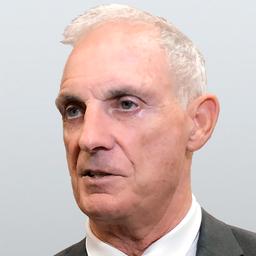SoftBank Group, the driving force behind the U.S. and China initial public offering boom, faces $100 billion in debt as the technology investment bubble bursts, according to a Wolf Street report.
Japan’s SoftBank claimed as the lead venture capital investor that its WeWork tech shared workspace initial public offering (IPO) could be worth $100 billion. But over a four week period, the valuation for its WeWork IPO plunged from $47 billion to $10 billion. Controversial founder Adam Neumann stepped down as CEO on Sept. 24, but WeWork canceled its IPO on Sept. 30 on rumors of accounting and securities fraud.





